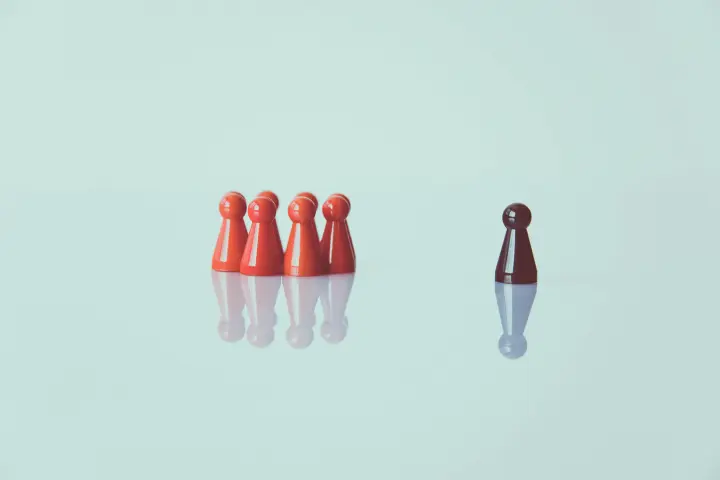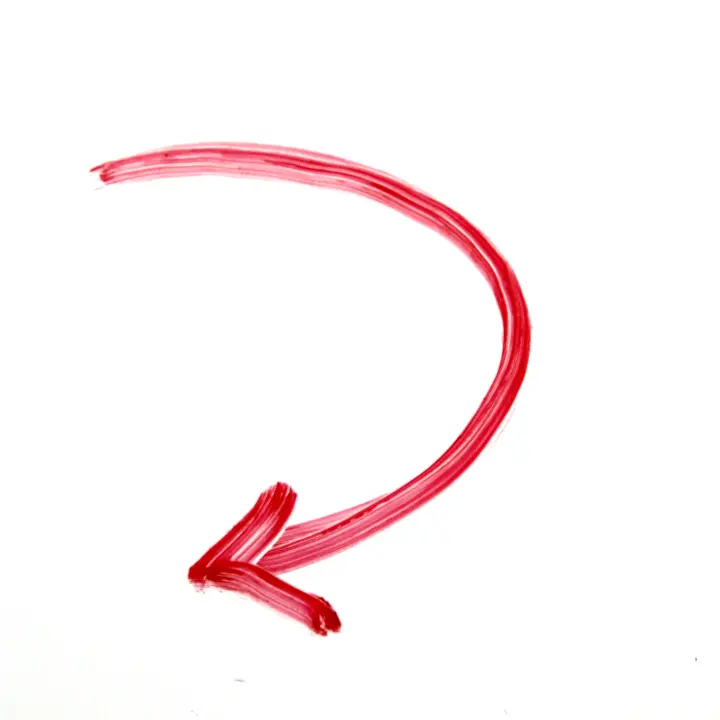Cynical Theory: Interacting With Others

Cynical Theory is a set of six axioms that explain human motivation and behavior. Axiom 4 (Interacting With Others) posits your personality varies depending on who you interact with. On a micro level, when you recognize you reveal a different personality depending on the situation, you can consciously improve your behavior. On a macro level, when you recognize how your interactions influence others, you can improve your relationships and impact on others. You will understand why behavior changes depending on the person and situation and how to relate, involve, and inspire others.
About Cynical Theory
Cynical Theory is my explanation of the fundamental motivations of people; it provides a basis for understanding human motivation, behavior, and how to interact with others. It is codified in six axioms.
When I use the word "cynical." I associate it with the definition: “based on or reflecting a belief that human conduct is motivated primarily by self-interest.” My use of the word "cynical" is synonymous with "selfish."
I introduced Cynical Theory to help you understand and conquer the Cynical World.
What I learned
When I was younger, my father would take my brother and me "people watching" in the city park. Like him, I found it fascinating to observe people. Although we didn't directly interact with anyone, you could sense their personalities by how they behaved.
Some people walked with confidence and didn't give way. Others showed deference or timidness and moved out of the way. Occasionally, I sensed fear from a person intimidated by a crowd of people.
Groups of colleagues and friends behaved differently; a work group was more reserved, while friends openly displayed their personalities. They may have a balanced conversation among the group, or there may be one dominant speaker. Often, a hierarchy of power would be evident.
Observing how strangers interacted intrigued me.
In my teen years, I experimented with people to see how they would react. Later, in my career, I continued to stimulate people in unexpected ways to see how they would respond.
All of these experiments and observation was the genesis of Cynical Theory.
What is personality?
Who you are is an expression of what you THINK. What you think is only observable if you DO something that EXPOSES your thoughts.
When you express who you are, it's called "personality." Personality is "the complex of characteristics that distinguishes an individual."
Cynical Theory, Axiom 3, You Are Your History posits that you are unique because your experiences are different from anyone else.
Your personality is shaped by the family, social, economic, cultural, psychological, chronological, and geographical environment you live in.
All of these experiments and observations were the genesis of Cynical Theory.
What influences personality?
Our motivation and behavior are influenced by the myriad of experiences - whether good, neutral, or bad - we've had. It is the significant events that occur that imprint and leave a lasting effect on our personalities.
Often, we are not aware of the effects an event has had on us. These events can be forgotten, repressed, or unnoticed. We may not recognize how a past incident influences our current decisions and behavior.
For example, you may grow up in a loving or abusive environment. Your personality reflects the environment you grew up in.
But there can be exceptions. Someone who experienced an abusive environment may apply Axiom 2 (Overriding Concern), and consciously decide that they do not want to replicate the abusive behavior. People make a choice (consciously or subconsciously) about how to react to the circumstances they experience.
A person's primary personality traits are influenced by significant ordeals and events they experience.
Micro versus macro behavior
Up to this point, the discussion of Cynical Theory has been a "micro" point of view. It is solely about a person. Axioms 1, 2, and 3 are about analyzing and understanding the motivations and behavior of a single person. Micro refers to the small span of impacts an individual accumulates and internalizes based on their experiences and traumas.
Axioms 4 through 6 have a "macro" point of view. They describe how a person interacts with others or the world at large. These macro influences occur when an individual encounters and reacts to other people and situations.
Specific observable motivation and behavior can be attributed to micro and macro stimuli.
You have many personalities
If personality is the outward display of who you are, you should recognize that you behave uniquely with different combinations of people or situations.
You have various roles such as parent, child, or sibling. In each of those roles, you display a distinctive persona. As a parent, you teach, discipline, and protect your child. As a child, you learn and grow by pushing boundaries. As a sibling, you vie for attention and status within the family unit.
In each role, you display a unique personality. As an "older" sibling, you may care for younger siblings. As a "younger" sibling, you may expect an older sibling to do things for you or protect you. A middle child may swing between either, depending on which sibling they are interacting with. You behave differently in each role.
Similarly, in your career, you may have many roles (supervisor, peer, subordinate). In each of your roles, you will display unique characteristics. You will emphasize particular aspects of your personality (through behavior) congruent with the expectation of each role.
You display a different personality (behavior) depending on the situation you are in.
Every person evokes a different you
You can observe your behavior when you are with people.
Some people you may like; some people you may dislike. You may treat some people with respect, and others with disdain. Why is that?
It's because every person, with their characteristics, uniquely stimulates your personality. The interplay between their personality and yours triggers a particular combination of intellect, emotion, and behavior.
How you interact with one colleague is different than how you interact with another. The situation may be the exactly same, but you will respond in a dissimilar manner with each individual.
You are different with different people.
You evoke a different personality in others
If others evoke a different personality in you, it is reasonable to expect you to evoke a different personality in everyone else, too.
You may see a colleague who is distrustful and obnoxious with teammates but is comfortable and works with you. You may observe a colleague withhold information from others, while they share everything with you. We've all had bosses, teachers, or friends who treat people differently, even in the same circumstances.
Similar to how each person evokes distinct aspects of your personality, you also stimulate a unique combination of characteristics in others.
So what?
In the Cynical World, we accomplish things with and through others.
When you understand that other people bring out particular aspects of your personality (behavior), you can monitor and evaluate your reaction to them. With awareness, you gain control of yourself and possess an opportunity to choose or modify your behavior.
The biggest benefit of this awareness is that you can minimize the manipulative effects of the Cynical World. Manipulation abounds in the Cynical World as individuals, organizations, and governments seek to influence your thoughts and behavior. Your ability to recognize when your selfishness is being used against you fortifies you against the negative influences of social media, sales, and marketing.
Conversely, if you are a manager, leader, or influencer, it provides a framework to understand how you can work with others to achieve your goals. Your personality (behavior) provides the leverage for you to "win friends and influence people."
By understanding the macro effects of behavior, you can proactively modify your personality to protect and enhance your life.
TL;DR
- Personality is "the complex of characteristics that distinguishes an individual"
- Your personality is exposed when you DO something
- Motivation and behavior are influenced by both micro and macro stimuli
- You have many personalities depending on the person or situation
- You evoke a different personality in others
- The concept we are different with different people helps you:
- evaluate how other people influence your behavior and stop abuse
- consider and control how your personality (behavior) influences others
Be Cynical,
TCG
This article is part four of a six-part explanation of Cynical Theory (see: The Reference Guide).






Member discussion